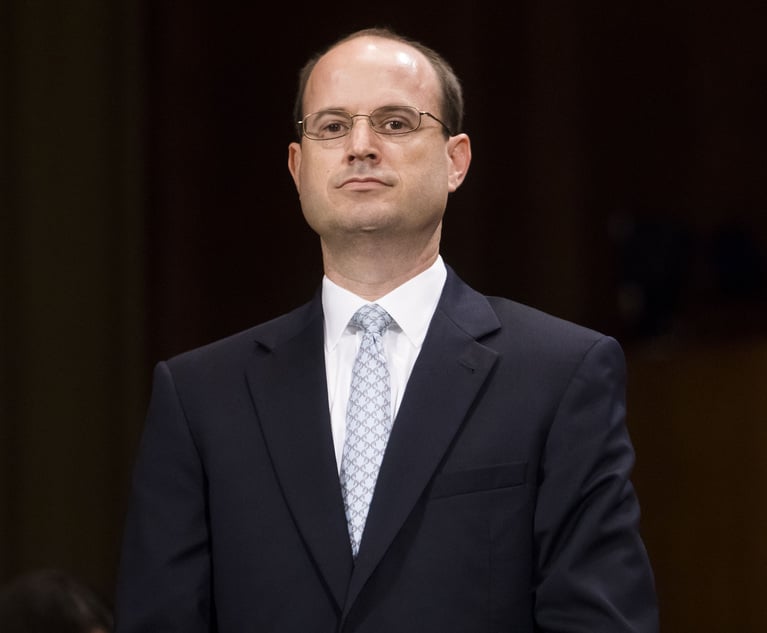No matter the complexity of the commercial relationship, parties naturally want to—or should—clearly define all of their respective obligations. And while all the parties presumably enter into their contracts in good faith, expecting that each side will perform as agreed upon, circumstances often occur during the relationship that require the agreement to be modified. However, trouble can arise when the parties attempt to orally change their contract even though it contains a provision requiring all modifications or waivers to be in writing signed by the parties—commonly known as an “anti-waiver” clause. In that scenario, the party seeking to enforce the oral modification will likely argue that the anti-waiver clause was waived by virtue of the parties’ subsequent course of conduct.
Except under very narrow circumstances, Florida’s courts will routinely reject oral modification arguments when a contract contains an anti-waiver provision. This principle was recently reaffirmed by Florida’s Fourth District Court of Appeal in Perera v. Diolife, 2019 WL 1781947 (Fla. 4th DCA 2019). There, the parties entered into a written contract in which Douglas Perera agreed to sell Diolife a 5% membership interest in a company for $200,000. The contract also gave Perera the option to sell Diolife an additional 5% interest for another $200,000, which Diolife was required to pay once the option was exercised. The sale of the additional interest had to occur on or before March 31, 2016, and Diolife was required to give written notice to Perera no later than March 21 when it was ready to close.


 Alan L. Goodman, left, and R. Gregory Hyden, right, of Nason, Yeager, Gerson, Harris & Fumero.
Alan L. Goodman, left, and R. Gregory Hyden, right, of Nason, Yeager, Gerson, Harris & Fumero.




